IndyCar announced today that it has further delayed the implementation of its new hybrid system, with the components not seeing racing action until after the 108th running of the Indianapolis 500.
The most recent plan was to have the hybrid system fitted to all roughly 27 cars from the first race at St. Petersburg on March 10.
Even that plan was a later rollout than initially envisioned, however, as the hybrid implementation has suffered multiple delays throughout its development cycle.
Originally developed by Mahle, work on the hybrid system was effectively brought in house with experienced engine providers Honda and Chevrolet working to tailor the initial design to the rigors of IndyCar’s demands.
Recent iterations of the system have been tested on all major track types throughout this past year, and IndyCar has worked closely with its engine partners to get it ready for use for the full season.
The latest delay is thought to be a combination of lingering reliability issues and concerns that a finalized system could be produced quickly enough to give each entry a working unit and a backup before the first race weekend.
“The partnership between Chevrolet and Honda has been phenomenal,” IndyCar President Jay Frye reiterated in the release.
“The IndyCar-specific hybrid power unit is dynamic and an engineering marvel, and we’re completely committed to its successful introduction next season.”
In the past three months, IndyCar has overseen 15,256 miles of on track running with the new system. This includes a four-car test at high speed around the 2.5-mile Indianapolis Motor Speedway.
Multiple drivers have given their input and the series is well on its way to deciding exactly how the system will be used on track. Varying options revolving around manual versus automatic regeneration and deployment of the supercapacitor have been evaluated.
Although many milestones were passed, the fact that some teams were still waiting on delivery of their first units in early December started to cause worry around the paddock.
Then a planned 10-team test at Homestead-Miami Speedway, which was scheduled for this week, was cancelled on late notice, and hope of a full rollout by March faded fast.

IndyCar is still planning to host a slew of off-season testing this winter and will attempt to give teams that have not yet run the system a chance to familiarize themselves with the new hardware.
Regardless of progress on a workable system, redesigned bellhousings and gearboxes will be fitted to all cars for the full 2024 season, making it easier to install the actual hybrid components once they are ready for competition.
The Indy 500 is the fifth race on the 2024 calendar, meaning full implementation will not come until at least June.



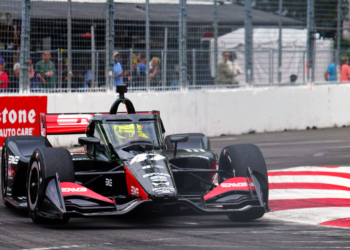
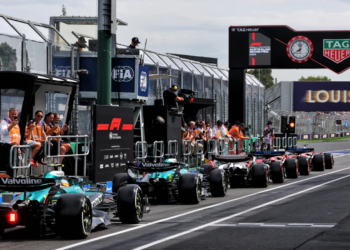
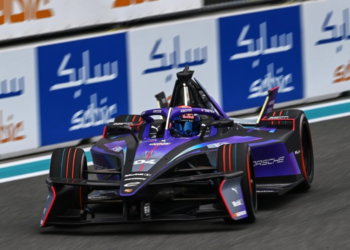
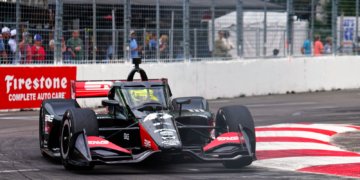
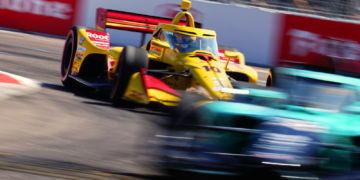
Discussion about this post